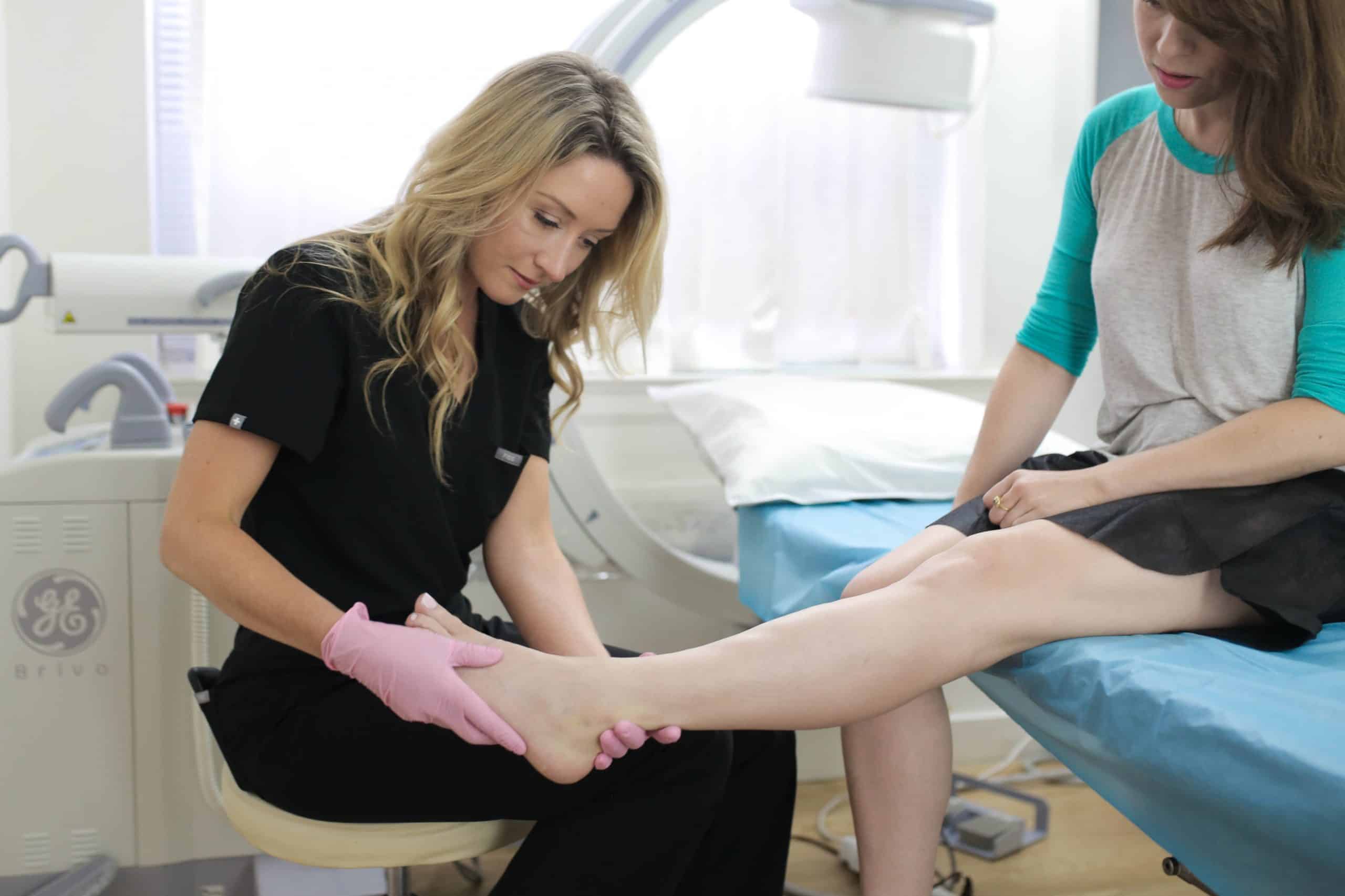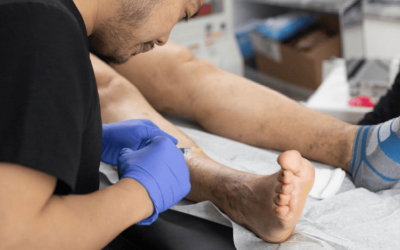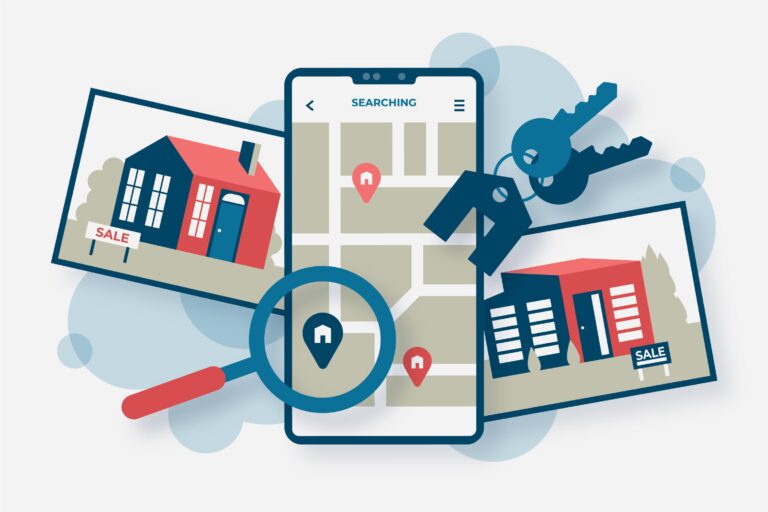Understanding The Varicose Veins And Its Complications
Varicose vein is a medical condition where the veins of legs and feet get swollen veins often seen in the lower legs and feet. Sometimes, this condition goes beyond a cosmetic concern and can cause various complications. What Kind of Doctor is a Vein Specialist? A vein specialist is a doctor who has well-versed experience in identifying, treating and diagnosing any venous disease. In this article, you will learn about the various problems or difficulties connected with varicose veins.
What are common complications of varicose Veins?
It’s true that varicose veins are not a life-threatening disease, but it is better to consult with a vascular specialist to avoid complications in the long run. Vascular or venous disease happens because of the following causes:-
Bleeding
Bleeding in varicose veins is not a common issue, but these veins can rupture, leading to potentially life-threatening bleeding. These veins being engorged and fragile makes them prone to bursting as it requires careful attention.
Ulceration
In the Varicose vein condition, the pressure within the veins gets increased, which can cause leakage of proteins and other substances into the surrounding tissues. This leakage leads to inflammation and chronic venous leg ulcers, which are painful and slow to heal.
Venous Stasis Dermatitis
Venous stasis dermatitis arises from heightened venous pressure and the release of inflammatory molecules into the nearby tissues. Those with varicose veins might notice symptoms like the skin getting brown, persistent itching, and changes like eczema on their lower limbs. This condition can be either short-lived or persistent, causing discomfort and impacting overall well-being.
Lipodermatosclerosis
Lipodermatosclerosis is an inflammatory condition resulting from pro-inflammatory molecules, poor venous outflow, and hypertension in the lower leg. It leads to skin reddening in the acute phase and thickening in the chronic phase. This condition can be painful and significantly affect mobility and overall well-being.
Diagnosis of Varicose Veins
Diagnosing varicose veins involves a clinical examination. During this examination, healthcare professionals assess the entire venous system, considering the influence of gravity on the veins by examining the patient’s condition, asking for lying down and standing up. Additionally, specialized diagnostic tools and classification systems may be employed.
Clinical Examination
Healthcare providers typically search for visible signs of venous disease during a clinical examination. Visible signs include the appearance of varicose veins, skin changes, ulcers, and other associated symptoms. Clinical The etiological–Anatomical–Pathophysiological (CEAP) classification system is utilized to categorize the severity and extent of varicose veins.
What happens when you first visit a vein specialist?
Vascular specialists examine the patient’s condition by asking about family history, physical exams, and other imaging tests. These examinations help in identifying the real cause of the varicose veins. They might capture photographs of your legs before and after treatment to keep them in medical records.
Wrapping It Up
If you have twisted, enlarged, or bulgy veins, it’s better to make an appointment with a phlebologist and ask them about the best line of treatment. Many people ask are varicose veins covered by insurance?, as it depends on your medical insurance as it is based on term plans. If you are still determining whether insurance coverage will be provided under varicose vein treatment or not. Please clarify all your doubts with the insurance provider to avoid a last-minute rush.








